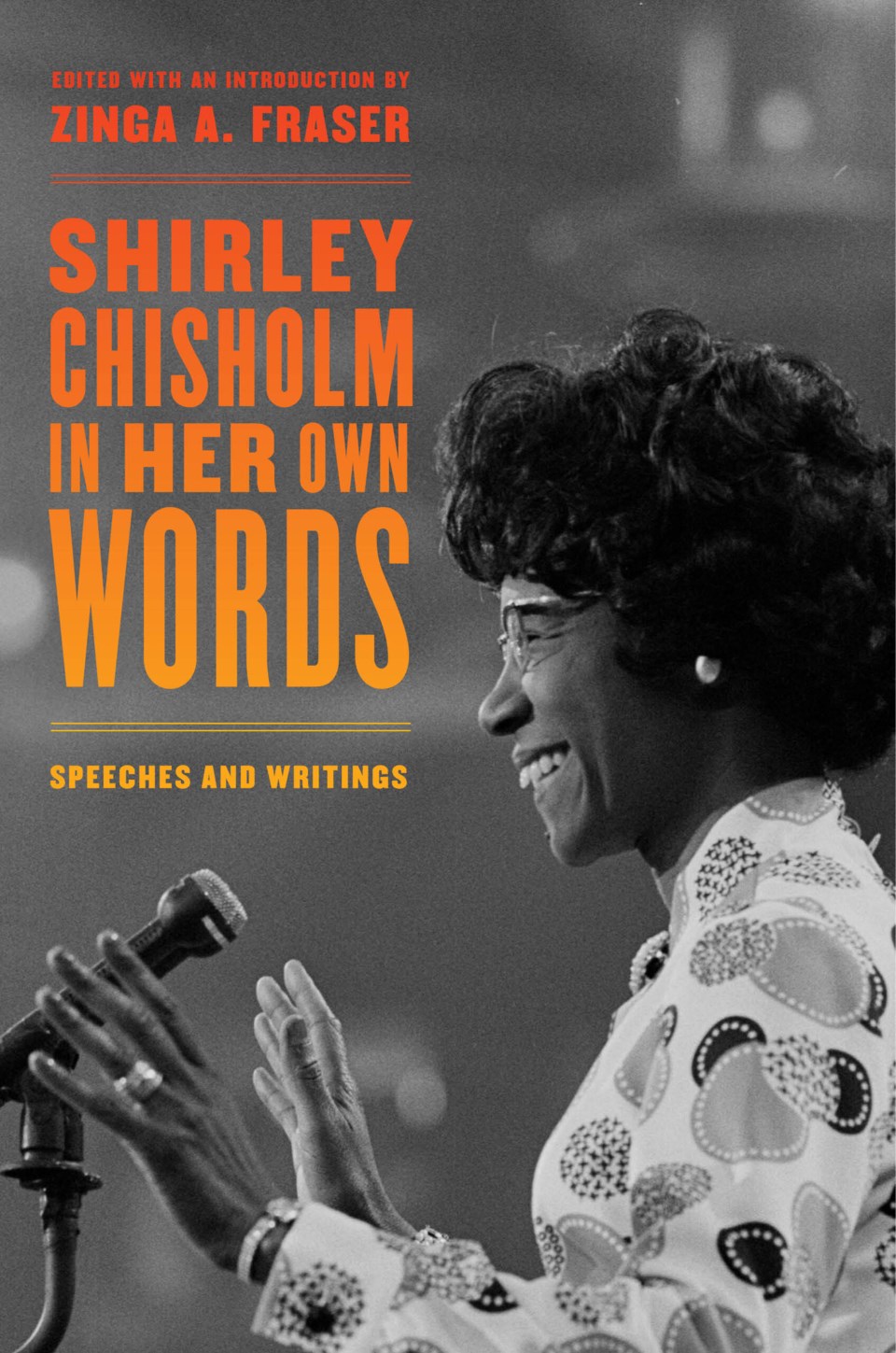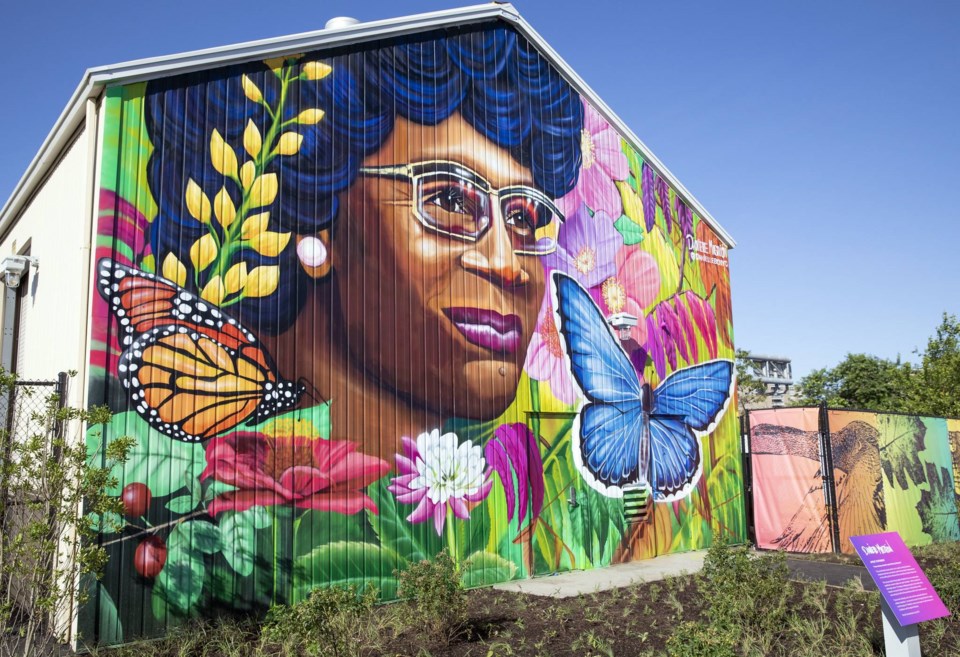During her long-lasting career, Congresswoman Shirley Chisholm once stated, “Everyone, with the exception of the Black woman herself, has been interpreting the Black woman.”
Now, Dr. Zinga Fraser, assistant professor at Brooklyn College, City University of New York and the director of the Shirley Chisholm Project of Brooklyn Women’s Activism, has amplified the story of trailblazer Chisholm in her new book, Shirley Chisholm In Her Own Words, which was released on Oct. 8 from University of California Press.
Chisholm was the first Black woman elected to the United States Congress, representing New York’s 12th congressional district that includes Bedford Stuyvesant. She is also known for being the first Black woman to seek a major party's nomination for President of the United States, and the first woman to run for the Democratic Party’s nomination.

The book is a collection of Chisholm’s most popular speeches and writings over the span of her 20-year career in the House of Representatives and beyond. It lays out Chisholm’s work as a Black feminist on topics like police brutality, abortion and civil rights for marginalized groups.
As we approach her centennial birthday on Nov. 30, 2024, studying Chisholm's work can be a roadmap for understanding our current state of democracy, Dr. Fraser said. It also begs the question of whether society has truly progressed since her time.
On the issue of reproductive rights, for example, Dr. Fraser said that Chisholm understood that the discussion went beyond the right to have access to an abortion. Instead, it was more so about reproductive justice and women’s right to choose, she said.
Now, the overturning of Roe v. Wade in 2022 by the U.S. Supreme Court has left young girls and women with fewer rights than during the era of Chisholm.
“All of the chapters throughout the book really showed Chisholm being a visionary in the ways in which she viewed the world,” said Dr. Fraser. “Students think, ‘Oh, that was, you know, 30 years ago or 50 years ago, and it's not as relevant.’ No, it's actually more relevant than when she was talking about.”
Chisholm announced her run for the Democratic Party’s nomination in 1972 in Brooklyn against the presumed Republican nominee Richard Nixon.
Though the book was written before President Joe Biden conceded and Vice President Kamala Harris became the Democratic nominee, readers can see many parallels in how Chisholm and Harris' campaigns were run.
In addition to both nominees identifying as Black women, Harris and Chisholm ran during high civil, economic and political stress, Dr. Fraser noted.
Beyond highlighting Chisholm’s historic firsts, Dr. Fraser said she wants people to understand that she was an extremely savvy strategist and her stance during the political climate at that time is something to be revered.
“The most important thing I want people to take away is the important role Chisholm played intellectually and politically in our country,” said Fraser. “Chisholm wasn't just a first or a symbol, she was a strategist. She was an intellectual. She was very thoughtful in the ways that she approached legislation, and that in many ways, she was a visionary."




